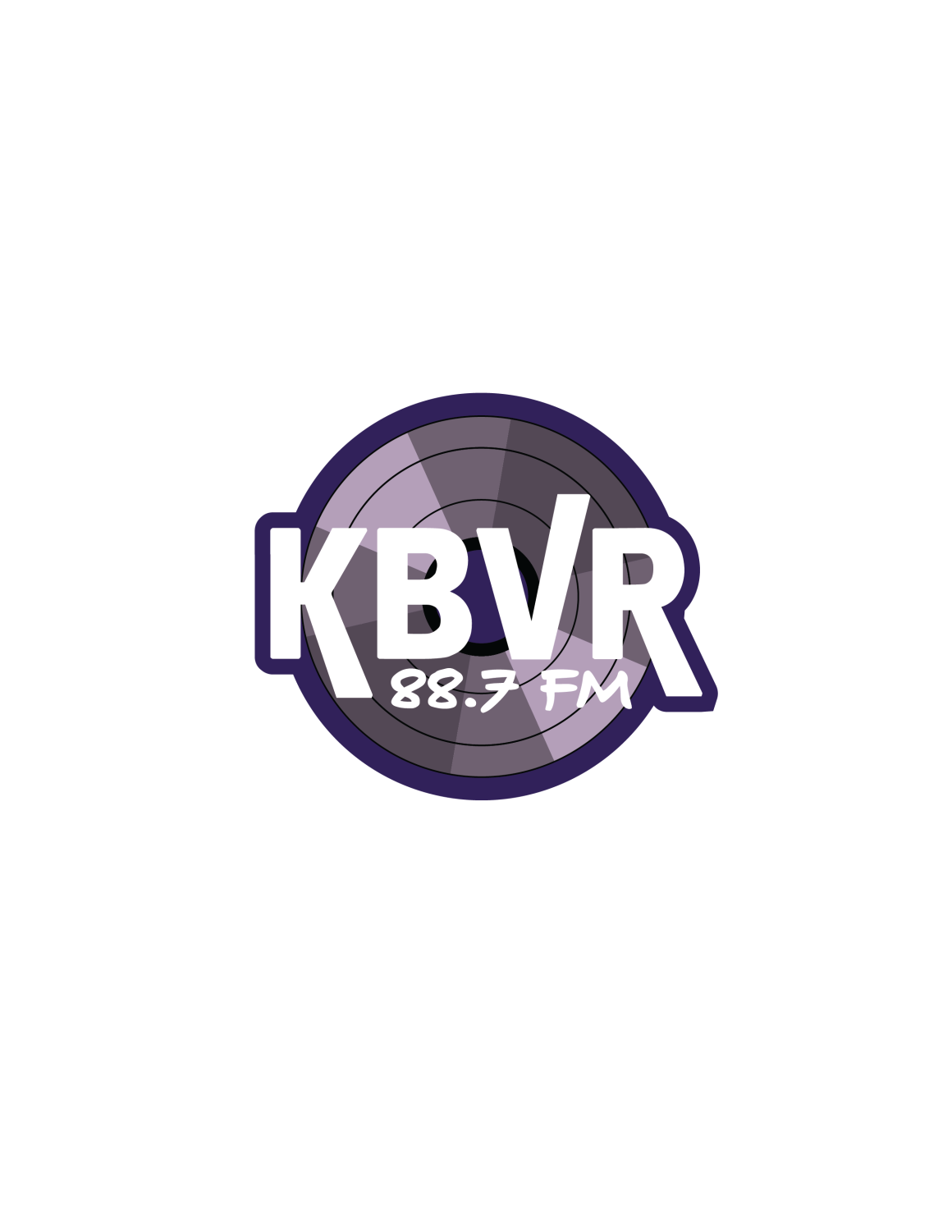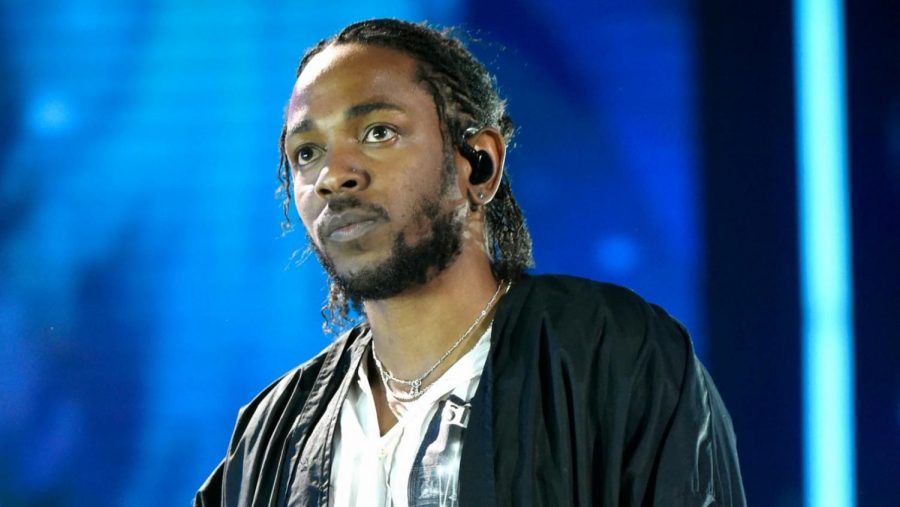Station Manager’s Top Albums of 2010s
January 24, 2020
As far as hiphop is concerned, no discussion concerning the greatest music of the 2010s is valid without at least making mentioned of Kendrick Lamar’s To Pimp A Butterfly. Following the mainstream success of Kendrick semi-autobiographical sophomore album Good Kid, M.A.A.D City hiphop’s new school golden child was in a position to take the world by storm with another radio-friendly hiphop opus. Instead however, Kendrick chose to forego expectations by pivoting his sound from the 808-infused modern aesthetic to a heavily funk and soul inspired sound, a choice that Kendrick himself even admitted was initially nerve-wracking. The album features some of neo-soul’s finest including a personal favorite of my own, Thundercat. This decision to release an album that betrayed the conventional musical trends at a moment in his career when he was just then garnering public praise was a risky one; but one that bore much fruit.
Interestingly, the sonics of album are just the tip of the iceberg. In TPAB Kendrick delves deep into the collective Black-American social zeitgeist fitting perfectly with his choice to include genre-elements of older music genre pioneered by the Black communities both stateside and abroad. Kendrick discusses the perception of Black people in the eyes of greater society (“For Free”, “Blacker the Berry”), the effects of his wealth on himself and those close to him (“Institutionalized”, “How Much A Dollar Cost”, mental health (“u”, “i”) and so much more. Honestly, a multi-page essay could easily written about any of these songs in particular; to understand the depth of his writing you simply have to listen. The album’s most popular single, the Pharrell assisted “Alright”, would go on to serve as the anthem of the Black Lives Matter movement that coalesced during the mid-2010s. This even further cemented the position of this album as a all-encompassing commentary about blackness in the modern day as well as a sobering and heavily satisfying journey through Kenrick’s psyche. Favorite Song(s): “Mortal Man”, “How Much A Dollar Cost”.
The early music of the 2000s set an interesting stage for hiphop to take in the 2010s. In particular, the mainstream success of acts such as Kanye West and Eminem lifted the Midwest from regional obscurity into the eyes of the hiphop community. This made way for a flurry of young talent from the area to get some much due appreciation. Arguably Chicago’s second most well-known hiphop persona, Chance the Rapper, is a product of this period. Chance, a sporadic and highly energetic teenage rappe, had been making waves locally when he dropped 10 Day. The mixtape (i.e. album free to download) was entirely recording during a ten day suspension from his highschool following a scandal involving one of his school’s officers, Chance, and some marijuana. The internet lit ablaze singing the praises of this fresh new voice in hiphop. The next year, with his resources a little bit stronger, Chance released Acid Rap.
As the name would imply, the album is heavily inspired by Chance’s experimentation with psychedelic chemical lysergic acid diethylamide (LSD) although Chance claims the majority of the music was recorded while sober. This is apparent in the sheer lucidness of Chance’s commentary on the world that he lives in. Themes of love(“Lost”,”Interlude(That’s Love)”), community and family (“Cocoa Butter Kisses”), gentrification (“Paranoia”), camaraderie, and narcotic use (“Chain Smoker”, “Pusha Man”) permeate the project. What stands out in particular is Chance’s ability to make the project seem both profound and intimate; like a good conversation with a thoughtful friend. Chance’s breadth of experiences had allotted a level of wisdom (and world weariness) that you seldom find in people as young as he was. His reality as a young Black person in Chicago put him in direct view of the police, gun violence, and gang activity; Chance rises above all of it. Here he gathers everyone around him to analyze and celebrate the world around him, and allows us to celebrate with him. Favorite song(s): “Chainsmoker”, “Juice”, “Everything’s Good”.
Today’s music industry has few voices as well-defined and unique as Anderson .Paak’s. This is meant both literally (his nasally, raspy croon as absolutely singular) and in .Paak’s musical vision. Raised by his single mother in Oxnard, California Anderson .Paak spent the entirety of the 2010s releasing quasi-R&B concept albums based on the towns he considers pivotal to his growth as an individual. In Malibu, he struck gold. The album defies genre: it is somehow hiphop,R&B, funk, neo soul, and so much more without ever seeming forced in disingenuous. In his delicate mixture of rapping, singing, and speaking .Paak navigates the musical soundscapes of the album with the grace of a master painter’s brushstrokes upon canvas.
All of this is underpinned by the fact that .Paak himself is a musician through-and-through, something that is sadly more of a rarity in popular music than one would hope. Trained as a drummer throughout his entire youth and a student of multiple genres of music, he dances across the music in his album as he ruminates on the factors that influenced his life: his parents (“The Bird”, “The Waters”, “The Season/Carry Me”), romance (“Heart Don’t Stand a Chance”, “Without You”, “Put Me Thru”), and others before ultimately culminating in warm appreciation for Malibu and its place in his life (“Celebrate”, “The Dreamer”). The album is an absolute joy to listen to with sonics that stay in your head for weeks and lyrics that both warm and chill the soul. Favorite song(s): “The Waters”, “Heart Don’t Stand a Chance”, “Come Down”, “The Dreamer”.
“Take me To Church” was possibly this decades’ most unlikely radio hit. A folk-gospel pop song comparing one’s dedication to their lover to that of a religious commitment may is not the kind of theme that you would expect to carries such wide appeal With that, in the hands of a musician as erudite and talented as Hozier, anything is possible. When compared to rest of the music on this list, this inclusion may seem jarring. If you know me personally, this inclusion should seem quite appropriate. I sing praises to this album at literally any given opportunity. The Irish singer-songwriter Hozier’s self-titled debut is a masterclass in how thin the line between lyricism and literature can be. Simply put, Hozier is a poet. Throughout the album he employs evocative lyrics to invoke vivid storytelling (“Work Song”, “In the Woods Somewhere”), enrapturing you in his music. In fact, his storytelling is so strong that it makes charming ditties of quite literally any topic he chooses(“In a Week” features him and his collaborator Karen Cowley playing two amorous corpses decomposing together). This sense of literary acumen is bolstered by his frequent and skillful usage of allusion. Within the confines of this one hour he uses the Bible (“Take Me to Church”, “From Eden”), medieval literature (“In the Woods Somewhere” chronicles a particular part of Dante’s Inferno), and popular music (“Jackie and Wilson” is named for famous R&B pioneer Jackie Wilson).
The genius of this album is even further cemented by the fact that it, not dissimilar to .Paak’s Malibu, simply refuses to remain within the confines of one genre. The album dances between folk, rock, blues, gospel, and balladry as deftly as a swallow dances through the air. Hozier never simultaneously feels as though he his pushing his creative boundaries without ever seeming as though he does not know what his doing. This is due in no small part to Hozier’s skill as a musician. Hozier is the classically son of a professional Dublin blues musician. He is capable of playing all of the instruments used in the recording of the album, all with a relative level of skill. If you are looking into a genuinely pleasant listening experience with seem deep literary themes and biting lyricism look no further than here. Favorite song(s): “From Eden”, “Work Song”, “Jackie and Wilson”.
Frank Ocean may have arguably the strongest hold on the music industry of any solo act. We sit in anticipation for his music like a child awaiting a promised treat. He releases the music and the industry raves. He goes silent (for years) and we talk about his lack of music, and we do it all over again. Nobody else commands such a strong sense of dedication from fans and publications alike. After his release of Channel Orange he had comfortably struck out as an individual from his previous involvement in music collective Odd Future (the same group that gifted us with Tyler the Creator, Steve Lacy, Syd, and Earl Sweatshirt). It was an R&B album, and a damn good one at that. After that he reclined to his media hermitage. Four years of no press, no singles, and few interviews allowed him to flex one of economics foundational principles: scarcity. By depriving us of his music, he made it so we value deeply. Four years after CO he drops Blonde; his magnum opus (so far).
Blonde is markedly different than CO. In fact it is markedly different than anything he has done previously. As opposed to his formulaic R&B (which is extremely well executed), he instead opted for an experimental angle. He played with artificial pitch manipulation (“Nikes”, “Futura Free”), obscure time signatures (“Futura Free”), songs with no chords (skits, essentially) (“Facebook Story”), songs that he is not on (“Solo (Reprise)” fully rapped by Andre 3000). Esoteric, elusive, and most of all, beautiful, Blonde sets a new standard for popular experimental music that is unlikely to ever be executed as thoroughly and completely as Frank did here.

